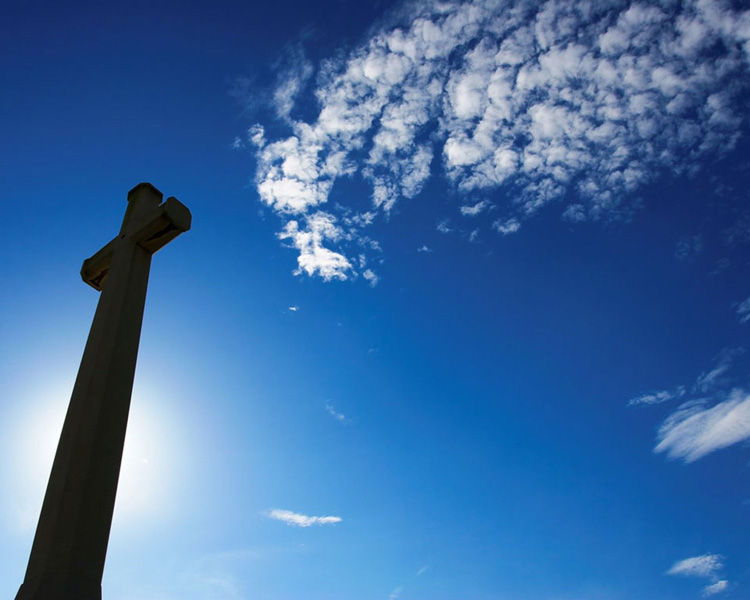We’ve always had great admiration for the mid-20th century Swedish diplomat and United Nations General Secretary, Dag Hammarskjöld. A master of language, Hammarskjöld’s remarkable quotes have been archived and pop up easily with a quick online search.
We recently searched and found a quotation we recalled about the significance of having been asked a question. Here is how Hammarskjöld phrased it: “I don’t know Who — or what — put the question, I don’t know when it was put. I don’t even remember answering.
But at some moment I did answer Yes to Someone — or Something — and from that hour I was certain that existence is meaningful and that, therefore, my life, in self-surrender, had a goal.”
Of course Hammarskjöld is not the only individual to have perceived the need to choose a course in life and answer “yes” to the demands that choice necessitates. Other individuals, too, have answered a call to service of country, of family, or of God, and have willingly undertaken enormous risks, trials, and challenges in pursuing the meaningful lives their choice offered them. We may see these highly committed and engaged individuals as unique. We may believe opportunities for sacrifice and surrender for the sake of a greater goal than self don’t occur in every life. We may even suppose that such commitment is often futile anyway, as good intentions and a few commendable acts don’t necessarily change the world. But then again, maybe saying “yes” to what matters does make a difference for good, and is possible in one way or another in every life.
Philip Hallie was a moral philosopher and professor who researched good and evil in the modern world. He focused some of his research on the medical experiments carried out by Nazi physicians on Jewish and Gypsy children during World War II. He reviewed the detailed archives kept on the grim experiments, he interviewed victims, doctors, and families members involved in these experiments, and eventually Hallie found himself utterly depressed and despairing. He could scarcely understand how such atrocities could have been conceived, let alone committed or justified. How could it have happened – and how could it have been stopped?
Then Hallie came across the story of André and Magda Trocmé, who worked in the French resistance during the war. They lived in the village of LeChambon in southern France where André served as pastor. When the Trocmés learned about the deportations of the Jews, they sensed a question being asked of them, and they knew how they had to answer. They not only decided their own lives should be committed to thwarting this tragedy, they galvanized a whole community to help. Somehow, they managed to engage their entire village of 3,000 people in an effort to shield, shelter, and transport over 5,000 displaced Jews to safety in Switzerland.
Later, as Professor Hallie wrote about his investigations into Nazi war crimes and his discovery of the Trocmés’ quiet but effective resistance, he said he had come to a realization (“Tales of Good and Evil, Help and Harm”, 1997). There are basically two ethical positions, he said: a “no ethic” and a “yes” ethic. The “no” ethic describes a life lived passively, with restraint, with withdrawal. A life lived by the “yes” ethic, on the other hand, is one lived actively, entertaining some risk on behalf of good and engaging the world with hope and purpose.
Have you heard a question being asked of you? Have you hazarded a response that gave your life a goal? We hope your answer was a resounding “yes.”

